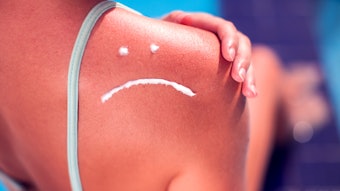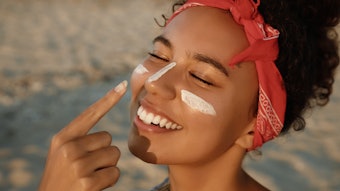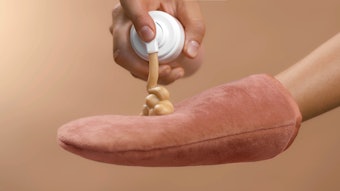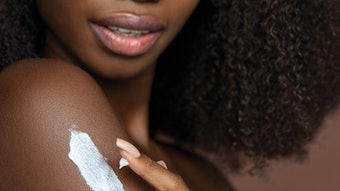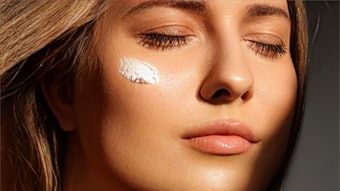
Skin cancer is no joke. It's real, and it happens a lot more often than people may realize. You may have cancer on your body right this very second and not even be aware of it. You also might be in complete denial, or operating very passively about it. I know I did, sort of. I found my own skin cancer prior to getting diagnosed with basal cell carcinoma. This was March 2017, but I had a hunch for well over a year prior to going to the dermatologist. Anything can become cancerous. It either is or it isn't, and that's what we need to know. The end.
Here are my Boss Lady approved tips and tricks for handling this specific topic, whether male or female. However, be aware that men are more prone to skin cancer than women. You're never too young, too old or “too ethnic” to acquire skin cancer. It only takes one or two burns in your lifetime, or a genetic history of skin cancer in your family, to develop. If you've ever used tanning beds, increase that by 50%.
Sunscreen 101
It may sound weird, but suggest to your clients that they apply sunscreen naked and then get dressed. This helps to spread beyond the lines of your clothing. This then protects you and your skin when your clothing shifts throughout the day.
Sunscreen Guide:
- SPF 15 to 30 for everyday–mostly indoor activities.
- SPF 25 to 50 for everyday–mostly outdoor activities.
Got Burned:
Step one, get out of the sun. The cascade of free radical damage has begun (like the zombie apocalypse), and no continued application of sunscreen will protect you, or your clients, anymore. Now they need to clean, cool down, neutralize and feed their skin with the right post-care.
Higher quality sunscreens can both protect and heal the skin, simultaneously, which means you can wear them while you sleep. Utilize the less expensive sunscreens on your body. Getting the best bang for your buck, while still covering all bases.
Dermatology 101
While you may not be the one diagnosing your clients, you still have the opportunity to see their skin and a lot of it. Keep red flag terms like itchy, color change, size change, bleeding, not healing properly, scabbing, discomfort, etc. in mind if your client decides to open up to you about moles or spots on their body. Also, prepare them to know and understand that a skin cancer check is and should be a full body check. No exceptions.
People should be getting checked every six months, that includes you and your clients. Stop making excuses. Just do it. You're welcome. In 2018, I helped three of my male clients get properly checked, diagnosed and treated for skin cancer. That alone is rewarding. Use your own experiences, to help others.


